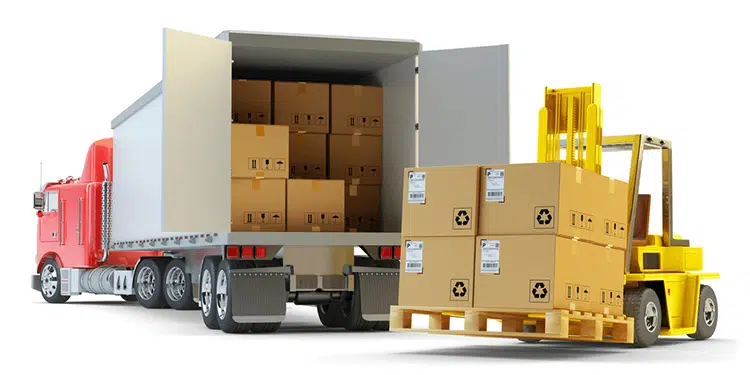Regular Truck Transportation
Less-than-truckload (LTL)
Hotshot
At InterStateCarriage Freight, we specialize in Hotshot trucking, your ultimate solution for urgent, time-sensitive, or smaller freight deliveries. Born from the fast-paced world of the oil and gas industries, our Hotshot services are designed to meet your critical needs, moving your cargo with urgency and precision to prevent costly downtime.
We harness the power and versatility of medium-duty Class 3, 4, or 5 trucks, delivering an agile and adaptable service that can reach locations larger trucks can’t. Whether it’s navigating narrow city streets or remote areas, our specialized vehicles can handle it all, offering unparalleled speed and efficiency.
Our Hotshot service is ideal for loads that are lighter and smaller than those handled by traditional freight, typically not exceeding 10,000 pounds. Despite their smaller size, we understand that these shipments are often of high importance and require swift and secure transportation.
Yes, expedited Hotshot services come at a premium compared to standard freight services. But think of it as an investment, a valuable one that ensures the quick, dedicated, and reliable delivery of your urgent or high-priority cargo. With us, you’re not just paying for a service; you’re investing in peace of mind.
Trust us with your cargo, and we’ll move the world to deliver it on time, every time. That’s our Hotshot promise to you.
Flatbeds & Dry Vans
In the world of expedited shipping, our company stands as a trusted and reliable partner, ensuring that your urgent cargo reaches its destination swiftly and safely. We recognize the time-critical nature of your freight, and that’s why we’ve tailored our services to offer high-speed shipping via Flatbeds and Dry Vans.
Our flatbed service provides the flexibility and ease of loading and unloading for large or irregularly shaped cargo. We expertly handle a wide range of goods, from heavy machinery to building materials, using our fleet of flatbed trucks. Equipped to swiftly secure and transport your load, we keep your urgent schedules on track.
In addition to our flatbed services, we also provide fast and reliable transportation using Dry Vans. Ideal for goods that need protection from the elements or for more standard-sized cargo, our Dry Van services are designed to offer both security and speed.
No matter the nature of your cargo, our commitment remains the same. We prioritize your time, ensuring that your goods arrive at their destination as quickly and safely as possible. By choosing us, you choose a partner dedicated to moving at your pace, helping you maintain your competitive edge in the marketplace. Our urgent shipping services, facilitated by Flatbeds and Dry Vans, are designed with your needs at the forefront, setting a new standard for speed and reliability.
What Is the Difference Between Dry Van and Flatbed?
Dry Van and Flatbed are two different types of trailers used in the trucking and freight transportation industry, each with their own distinct features and benefits.
Dry Van
A Dry Van is a fully enclosed trailer, typically measuring 53 feet in length. It’s designed to carry pallets or boxes of cargo, often non-perishable goods. The enclosed design protects the freight from weather and road conditions. Dry Vans are commonly used for moving goods such as clothing, electronics, and non-perishable food and beverages. However, due to their design, they have limitations in terms of the size and shape of the cargo they can carry. Dry Vans are typically loaded and unloaded from the rear, which can require a loading dock.
Flatbed
A Flatbed trailer is an open, flat platform with no sides or roof. Flatbed trailers can accommodate a wide variety of cargo, including large, heavy, or awkwardly shaped items that wouldn’t fit in a Dry Van. They are commonly used for shipping construction equipment, large machinery, building materials, or any oversized items that require more space than a Dry Van provides. Since Flatbed trailers are open, they allow for flexible loading and unloading from the top, sides, or rear of the trailer. However, the open nature of a flatbed means cargo might need additional protection from weather and other elements.
In summary, the key difference between a Dry Van and a Flatbed trailer lies in their design and the type of cargo they can handle. A Dry Van is enclosed and suited for smaller, non-perishable goods that need protection from the elements. On the other hand, a Flatbed trailer is open and can carry oversized, heavy, or irregularly shaped items. The choice between the two will depend on the specific needs of the freight to be transported.


